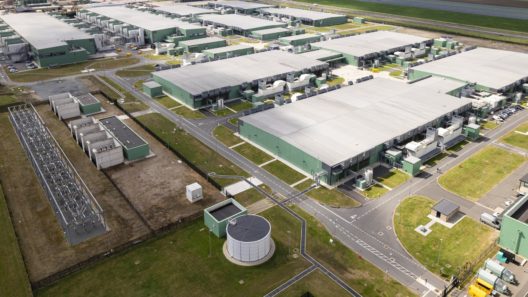The UK’s industrial approach to AI – what’s next?
Join the Ada Lovelace Institute as we make sense of the current AI policy landscape and debate the way forward for the UK's industrial approach to AI.

Speakers
-
Amba Kak
AI Now Institute -
Haydn Belfield
Centre for the Study of Existential Risk -
Mary Towers
Trades Union Congress (TUC)
AI has become an important industrial priority for countries across the world. The UK is no exception to this, with a succession of AI strategies published in recent years and significant investments made in AI skills, access to data, and compute.
The new Government has published a green paper and consultation on its industrial strategy, which identifies ‘the rapid development of AI’ as a key opportunity for the UK. The Chancellor, Rachel Reeves, has just delivered the first Labour budget in 15 years, which reaffirmed the Government’s commitment to AI-related initiatives such as the proposed ‘National Data Library’ and announced a review of barriers to the adoption of transformative technologies, like AI, with a focus on the sectors identified in the industrial strategy green paper. In the coming weeks, we’re expecting the publication of an ‘AI Opportunities Action Plan’ and a new consultation on AI regulation.
Taken together, do all these developments add up to a coherent industrial approach to AI? If so, what’s new and distinctive about this Government’s approach compared to its predecessor – and what’s next?
You can watch a recording of the event below.
This video is embedded with YouTube’s ‘privacy-enhanced mode’ enabled although it is still possible that if you play this video it may add cookies. Read our Privacy policy and Digital best practice for more on how we use digital tools and data.
Related content

Mapping global approaches to public compute
Understanding the options available to policymakers

Approaches to public compute
Mapping global approaches

The role of public compute
How can we realise the societal benefits of AI with a market-shaping approach?

AI in the public sector: white heat or hot air?
The new Government needs to work out what it wants from AI in the public sector